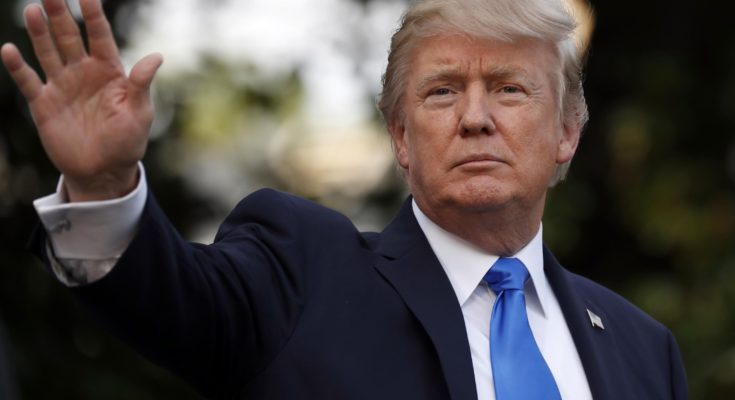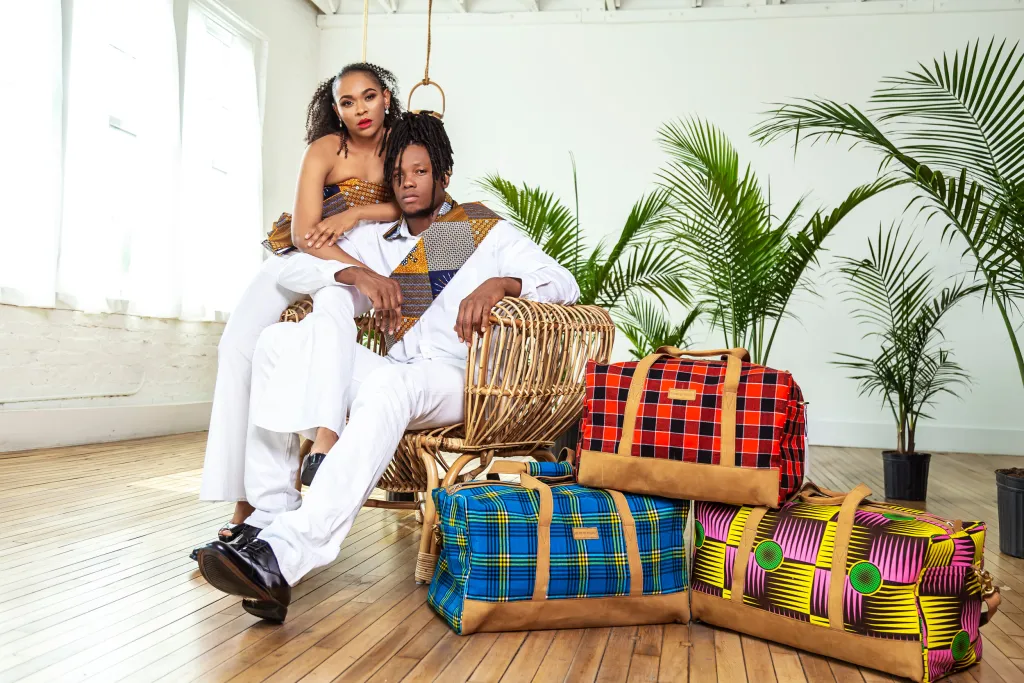I left the GOP because of how the party treats women of color. But I’ve never seen anything like this.
I am a rarity. For over 20 years I was an active black female Republican. I interned for a U.S. senator and for the Republican National Committee. I worked for the first female Republican governor of New Jersey, for the House Government Reform and Oversight Committee and on George W. Bush’s legal response team during his 2004 campaign. At 28, I was even nominated to run for Congress.
I was inspired to join the party when I heard Jack Kemp give a speech on my college campus in 1988 about what it meant to be a true Republican. Kemp understood that if the GOP he loved did not begin to embrace people of color and offer devastated urban communities a way to wealth, opportunity and prosperity, it would fade to nothing, eventually losing its voters, and its soul.
Unfortunately, most of my time in the GOP was spent watching it move away from Kemp’s vision. I saw the party become more and more monolithically white, Southern, conservative and reactionary. I saw good African-Americans work faithfully in the party apparatus only to be blackballed, run out or passed over for promotions time and time again. Personally, I watched my good friends like Kellyanne Conway and Paul Ryan (who both started when I did) excel and be given opportunities to rise, while my career and others like me seemed to stall. And so I left and went into the private sector.
But I never thought I’d see the GOP stoop to where it is today. As Senator Jeff Flake said in his powerful speech on Tuesday, I simply do not recognize the Republican Party of President Donald J. Trump.
I feared this during the campaign, when Trump subtly encouraged racist strains in American politics. I knew it when he failed to condemn white supremacists after Charlottesville. But what stands out to me recently are his ongoing attacks on black women and other women of color. The president isn’t one to hold his fire for anyone, but he seems in particular to enjoy berating, belittling and bemoaning strong, independent black women. Worse, he dismisses them entirely—reinforcing America’s worst stereotypes and encouraging the most bigoted—yes, deplorable—among us not to reform, but to join in.
The coup de grace occurred last week, after Trump called Myeshia Johnson, the widow of a slain Army Sergeant La David Johnson, to offer his condolences. His comments were not well received by the widow or a longtime family friend Rep. Frederica Wilson. After Wilson and Johnson, both African-American women, went public with their version of the phone call, Trump went on the attack. So far, he’s called Wilson “wacky” three times. And most heartbreakingly, he’s publicly implied that Johnson, a grieving war widow, was lying.
Since then, the Trump trolls have been unleashed: Joe Walsh, a pro-Trump former Republican congressman tweeted soon afterward that because Johnson had criticized the president, “we have a right to attack her.” Others accused Johnson of “opportunism” and claimed she was paid to degrade her husband. On Monday night, conservative radio host Bill Handel called Wilson a “cheap sleazy Democratic whore.” And according to news reports, Wilson has not returned to Washington to vote because of credible, racially motivated death threats against her.
This is just the latest in a long pattern. Earlier this month, Trump accused ESPN’s Jemele Hill, who had called him a white supremacist, of tanking the networks ratings, and press secretary Sarah Huckabee Sanders suggested ESPN should fire her. Trump called the mayor of San Juan, who pressed Trump and the Federal Emergency Management Agency to do more for her people who were left without adequate food and power for weeks, “nasty” and denounced her “poor leadership.” In April, he accused former national security adviser Susan Rice of committing a crime, with no evidence to back him up. In February, he condescendingly asked veteran White House reporter April Ryan if she wanted to set up a meeting with the Congressional Black Caucus. “They friends of yours?” he asked. That was before a Trump campaign video released after Charlottesville singled her out as one of Trump’s “enemies.”
Trump’s disdain for black women goes beyond Twitter. There is only one African-American woman in the top levels of the White House: Reality TV star Omarosa Manigault, who serves as a political aide. The number of black women in Trump’s Cabinet and sub-Cabinet and among his judicial nominees? Zero.
It’s hard being a black woman in America. We are among the most likely to be affected by social ills such as poverty, homelessness, joblessness and lack of access to basic health care. We are paid less than our white and black male counterparts in corporate and industry sectors, for the same work. We are constantly defined as too strong, and too “angry” even when we are clearly happy and healthy as was former first lady Michelle Obama, who was constantly attacked and demeaned by the conservative right.
It’s a reality that I know all too well. But as long as I have been alive, I have also been aware that I am walking on the slow treadmill of progress. As disheartened as I was by my own experience in the political world, I have always thought that black women younger than I would have more opportunities. That they would rise to fill positions that I never could.
Until now. Now that the bully in the White House, who occupies a role typically responsible for setting the moral tone for America, is disparaging black women like they have no place in American society—and giving men in power a not-so-subtle green light to treat these women the same. Now that the trolls are joining in, and the president’s party—with a few exceptions—is standing silently behind him.
I remember meeting the late great Shirley Chisholm—the first black woman elected to Congress and the first black candidate for a major party’s nomination for president—at an event in 1991. I told her I was a black Republican and she encouraged me. We need good Republicans, she said. You can only change an organization from the inside out. Not by yelling from the outside in.
But that change can happen only when black women are allowed to be on the inside, when they are welcomed and encouraged and the most powerful and educated among them can do their jobs without being belittled or put down. By singling out black women for his most strident attacks, and by excluding them from his administration, Trump is sending the message loud and clear to all women of color in America: You do not belong in the American tapestry and success story. You are on the outside.
The good news in all of this is that I personally, like many women in America, am now re-energized to run for office, or to work in other ways to make our politics more civil and compassionate. But I have never felt so worried for our country. We must not let this stand. Our country works best when all of us are at the table, and when the many of us become the one great nation. (By SOPHIA NELSON)









